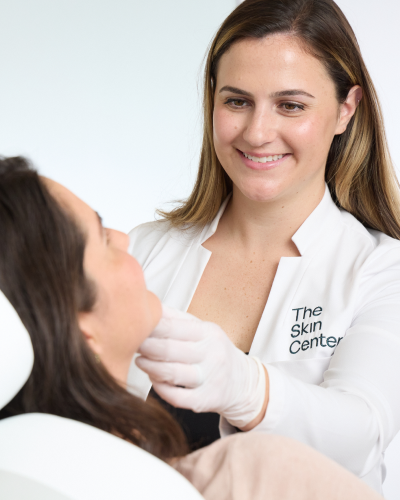Botox, the ubiquitous cosmetic treatment often hailed for its ability to smooth wrinkles and fine lines, has become a staple in the world of aesthetic procedures. However, a common question among those considering Botox injections is, “How long does Botox last?” Understanding the longevity of Botox is crucial for managing expectations and planning future treatments effectively. Let’s delve into the intricacies of Botox and explore its duration of effectiveness.
What is Botox Used For?
Botox, short for botulinum toxin, is a neurotoxic protein produced by the bacterium Clostridium botulinum. While the term “toxin” might sound alarming, Botox is used in extremely small, diluted amounts for cosmetic and medical purposes. When injected into specific muscles, Botox temporarily paralyzes them, preventing them from contracting and thus reducing the appearance of wrinkles.
While Botox is most commonly injected into the face, specifically the forehead area, it can also be applied to other parts of the face and body, such as the jawline, trapezius muscle, and underarms.
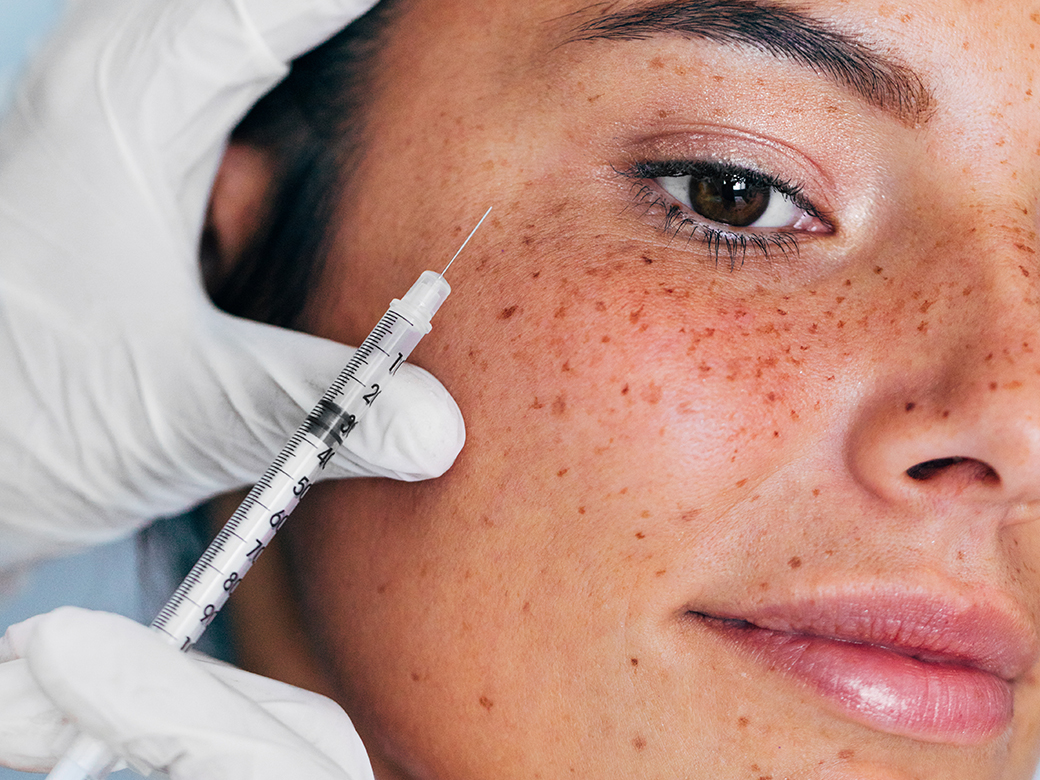
How Long Does Botox Last?
How Long Botox Lasts For Different Treatment Areas
Depending on the area being treated with Botox, patients may experience different durations of results.
| Botox Treatment Area | Botox Longevity |
| Masseter Muscle | 3-4 months |
| Forehead | 3-4 months |
| Around the Eyes | 3-4 months |
| Nasolabial Folds | 3-4 months |
| Glabellar Lines | 3-4 months |
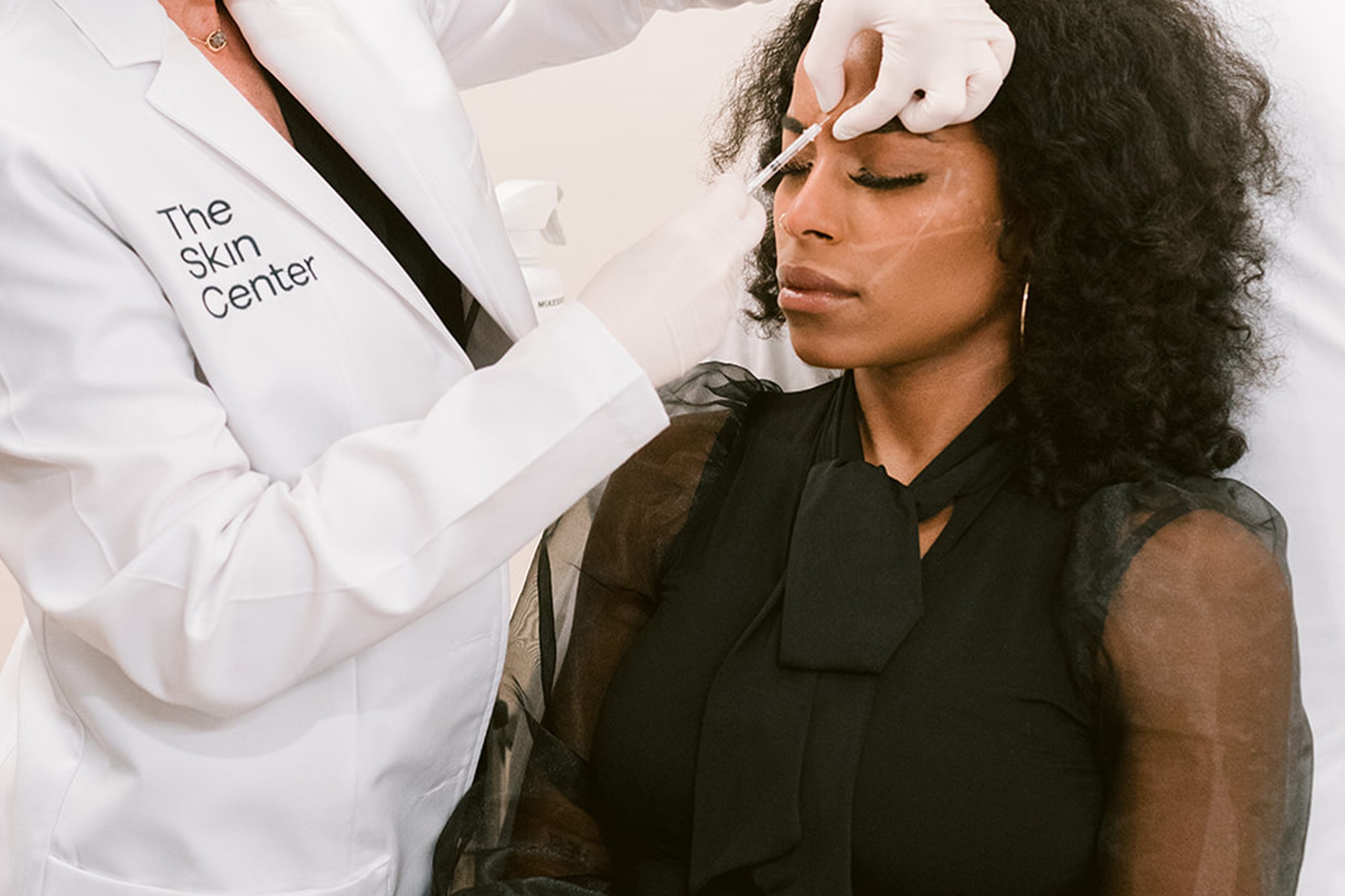
How Long Does Masseter Botox Last?
Masseter Botox is a cosmetic procedure that can relieve the effects of TMJ and create a slimmer appearance. The masseter muscles are located on the sides of the jaw and are responsible for chewing and clenching the jaw. When overdeveloped, they create a square or bulky appearance to the lower face. Botox temporarily relaxes these muscles, causing them to shrink over time leading to a more tapered jawline and alleviating symptoms associated with clenching and teeth grinding.
Masseter Botox typically lasts 4-6 months. These muscles tend to be stronger in most individuals and may require a touchup depending on how the Botox takes effect after two weeks.
How Long Does Botox Last in the Forehead?
The forehead is one of the more popular and commonly treated areas for Botox. This reduces the appearance of fine lines and wrinkles caused by repetitive facial expressions.
Botox in this area typically lasts between three and four months. This treatment area may also be paired with another area such as the “11s”, to increase effects and prolong treatment results.
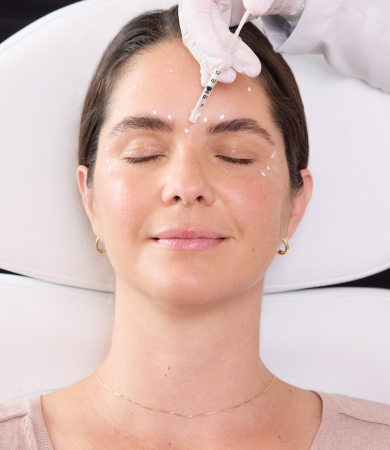
How Long Does Botox Last Around the Eyes?
Botox can be injected around the eyes to lessen the look of crow’s feet, which are cause by squinting and smiling. While side effects are minimal for this treatment, patients may experience slight swelling or bruising in this area.
Patients can expect their results to last 3-4 months.
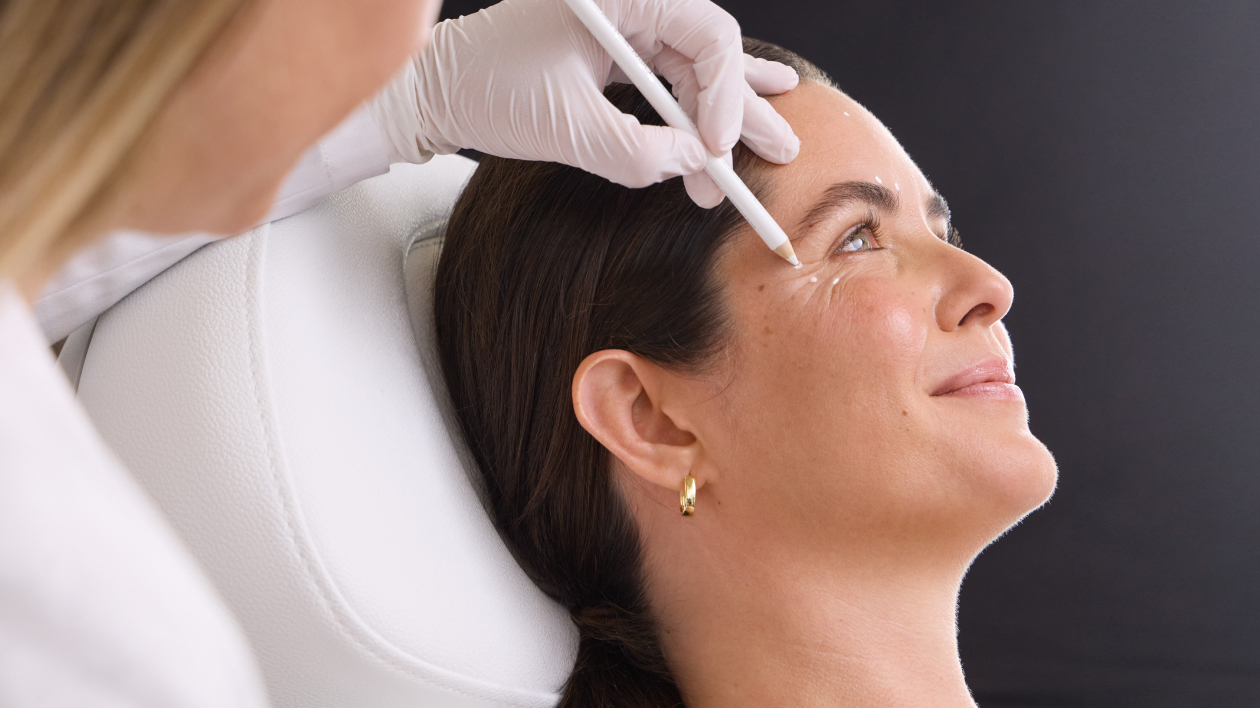
Factors Influencing the Longevity of Botox
No two patients are the same, and there are several factors that impact the longevity of their Botox treatment. This includes:
- Metabolism: Individuals with faster metabolic rates tend to process and eliminate Botox more quickly, reducing its duration of effectiveness.
- Dosage and Injection Technique: The amount of Botox injected and the precision of the injection technique significantly affect how long the results last. Experienced practitioners who know the optimal dosage and precise injection points can ensure longer-lasting results.
- Muscle Activity: Individuals who use their facial muscles more frequently, such as those who are very expressive or engage in activities that require frequent facial movements, may find that Botox wears off more quickly.
- Frequency of Treatments: Regular Botox users might experience longer-lasting effects over time due to muscle weakening from repeated treatments. However, there is a balance to be maintained to avoid overuse.
- Lifestyle Factors: Habits such as smoking, excessive sun exposure, and high levels of stress can accelerate the breakdown of Botox in the body. Maintaining a healthy lifestyle can help prolong its effects.
- Skin Type and Condition: Skin characteristics, such as thickness and elasticity, can influence how well Botox works and how long it lasts. Healthier skin tends to hold the effects longer.
- Post-Treatment Care: Following aftercare instructions, such as avoiding strenuous exercise, not touching or massaging the treated area, and staying upright for a few hours post-injection, can help ensure the best results and longevity of the treatment.
- Individual Biological Response: Every individual’s body reacts differently to Botox. Some people may naturally break down the neurotoxin more quickly than others.
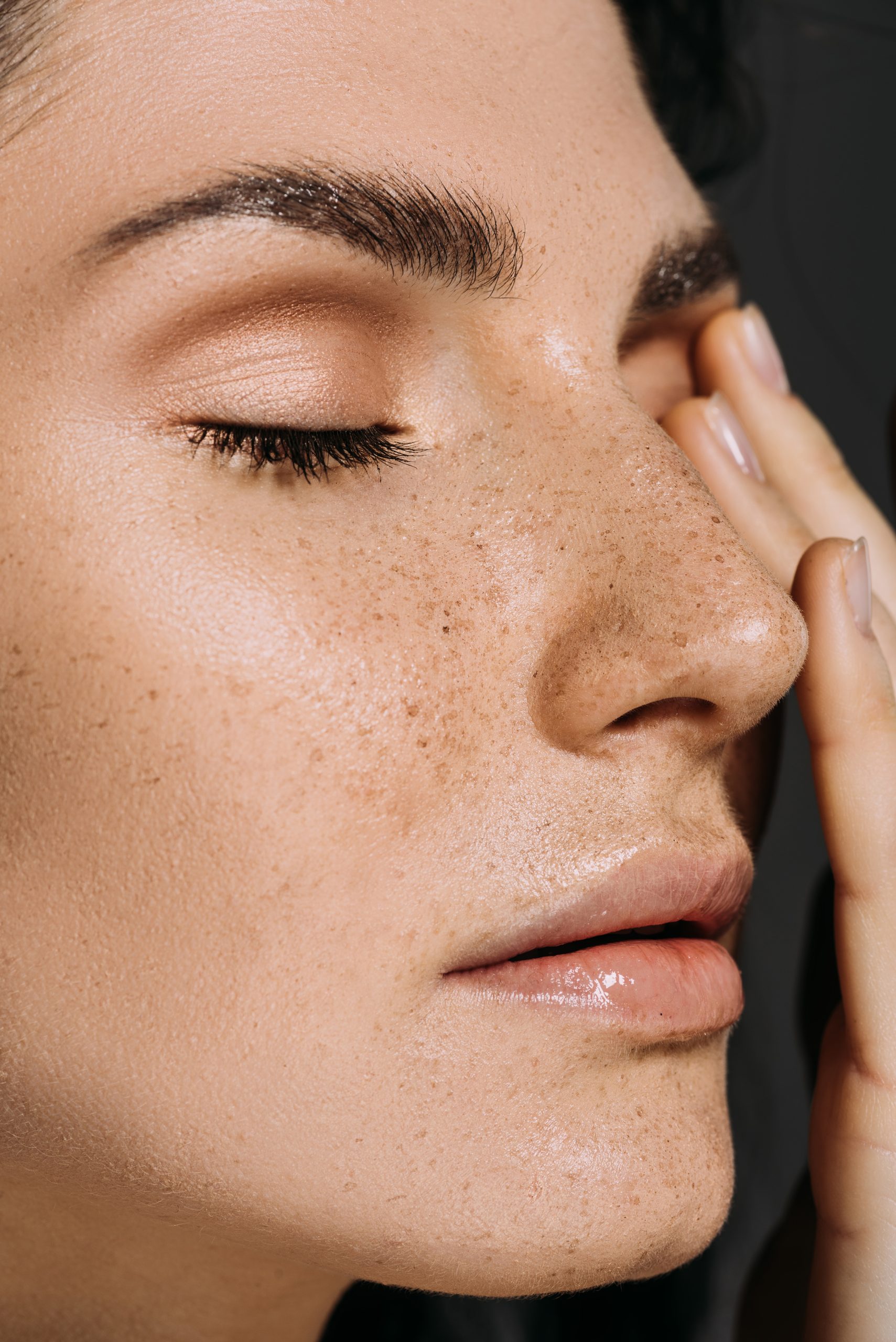
Best Practices to Make Botox Last Longer
It is important for patients to not only follow the immediate post-treatment instructions to prolong their results, but to also practice good daily habits that can help with their
Practice Good Skin Care Habits
When receiving cosmetic treatments of any kind, it is always crucial to have a strong at-home skincare regimen to keep up with daily. Treating the skin with active ingredients such as those found in a retinol or hyaluronic acid serum can prolong the skin-smoothing effects of Botox.
Limit Facial Expressions
Following treatment, patients will still have movement in the treated area. However, overactive muscle movement from exaggerated expressions can contribute to the breakdown of Botox, shortening the duration of treatment results.
Avoid Rubbing Treated Areas
Following treatment, patients are advised not to rub or put pressure on the treated area for several reasons. This can spread the Botox to muscles that were not intended for treatment, displace the Botox completely before it has time to settle and take effect, and overall give altered treatment results from interference with the injection site.
Choose a Qualified Practitioner
One of the most important aspects of your Botox treatment is the provider you choose to administer the Botox. It is important to have a qualified and well-trained professional, who is able to make the right call on dosage for each treatment area.
At The Skin Center, our team is led by a board-certified dermatologist, ensuring proper technique and intensive training are standard for each of our clinicians.
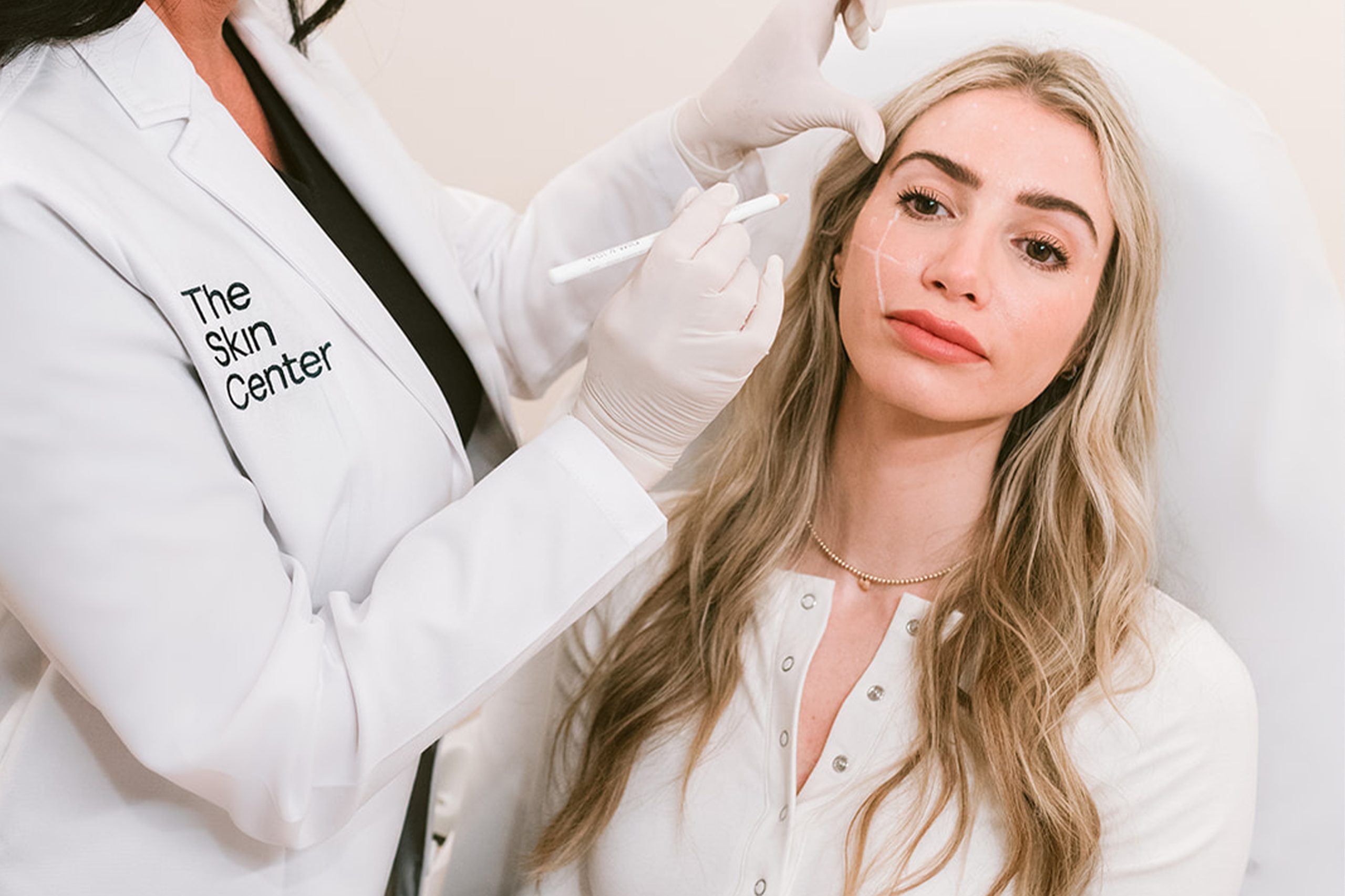
FAQs
How long should Botox last?
3-6 months
How long does Botox last for the first time?
3-6 months, if properly dosed.
Is Botox permanent?
No, it temporarily paralyzes the muscles where injected.
What happens when Botox wears off?
Muscle movement slowly returns to the injected area.
What happens when you stop Botox?
Muscle movement remains and lines can deepen.
How often do you need to get Botox?
Every 3-4 months, once muscle movement returns.
